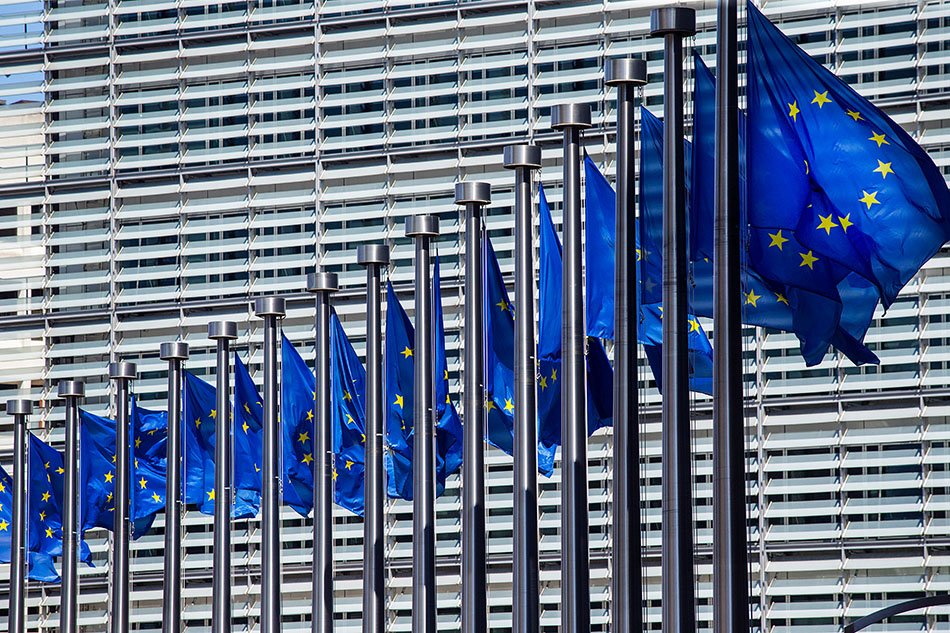
The EU is working to provide a financial incentive to companies to redesign products to reduce their environmental impacts.| Giannis Papanikos/Shutterstock
The European Union is looking to financially reward OEMs that produce environmentally friendly devices and punish those that don’t. Industry groups are urging caution.
The EU is looking to implement a concept called “eco-modulation” into extended producer responsibility (EPR) programs. Under EPR, OEMs are responsible for paying fees to a stewardship organization, which finances the collection and recycling of their products.
With “eco-modulation,” OEMs producing devices deemed environmentally unfriendly would be forced to pay higher fees, and those products with lower environmental impacts would get a break on fees. “Recyclability” is a significant factor in deciding a product’s environmental friendliness. The idea is to provide a financial incentive to companies to redesign products to reduce their impacts. The concept is also being applied to other materials, particularly plastics.
The European Commission is expected to publish guidance this year on how EU member countries can implement eco-modulation as they transfer approved EU laws into their own national legal codes.
In a recent paper, a number of producers say they don’t oppose the concept but want the differential fees to be based on consistent standards.
“We believe that eco-modulation of fees that producers pay into the EPR organisations is one of the instruments that will usher in the Circular Economy, provided that the criteria underpinning the modulation of fees are harmonised at EU level and coherent with EU legislation and international standards,” stated Pascal Leroy, director general of the WEEE Forum, one of the signatories of the paper. The Brussels-based Waste Electrical and Electronic Equipment Forum (WEEE Forum) is an association that represents 36 e-scrap producer responsibility groups from around the world.
The paper also urges European policymakers to remember the problem of online free-riding, or companies that sell electronics online but neglect to pay their fees to an EPR group to help finance collection and recycling. Free-riding is a problem in EPR systems around the world, including in the U.S.
Last year, the Organisation for Economic Co-operation and Development (OECD) published a report examining the problem, estimating free riders could make up 5-10% of the market for electronics and electrical appliances in OECD member countries.
More stories about EPR/stewardship
- Wisconsin E-Cycle report reflects increasing access
- Policy round-up: Solar stewardship, state changes
- Right to repair in WA and battery EPR in Nebraska